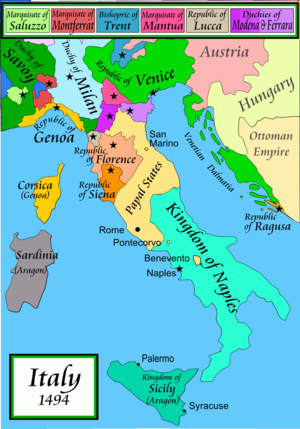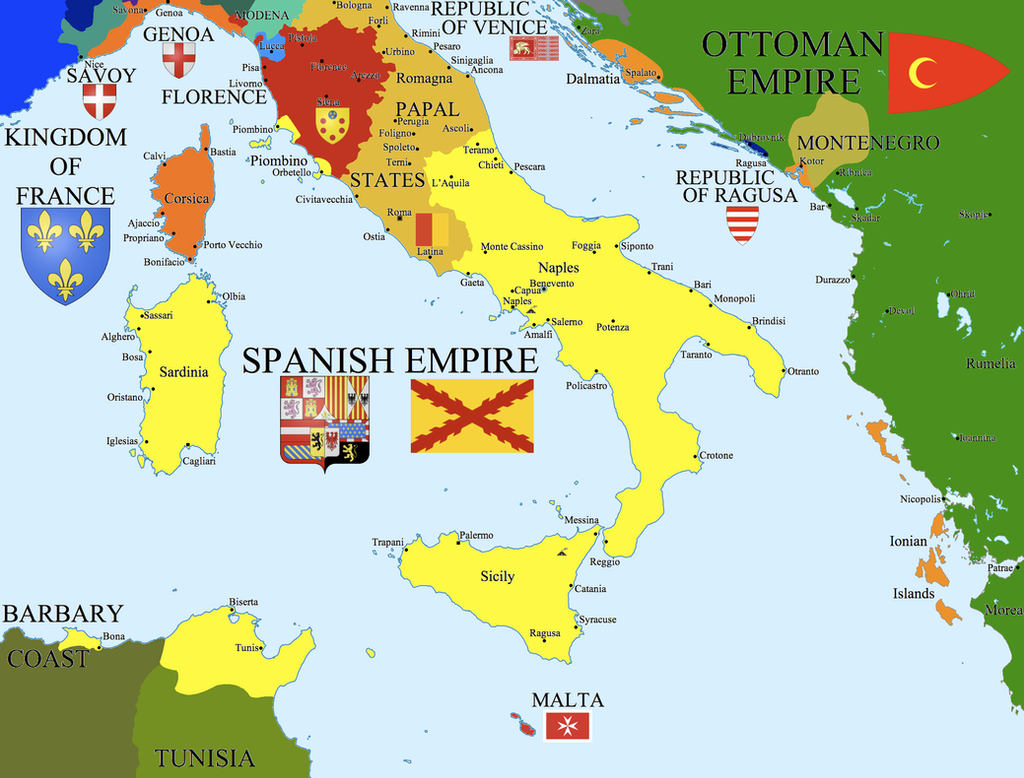The whole thing is stupid anyway. The soldiers employed by the Spanish crown were often German and Swiss mercenaries, so if anything they should be looking for that kind of yDna. It was the same way in the Italian Wars. The majority of the troops of Charles V who pillaged Rome and used St. Peter's as a stable for their horses and defecated on the altar were German Lutheran mercenaries.
Amazing the nonsense people will believe because it suits their prejudices, and indeed amazing how they will tailor the legends to attribute evil only to groups against whom they are prejudiced either for religious or ethnic reasons. Sometimes I honestly despair of people.
See:
https://en.wikipedia.org/wiki/Sack_of_Rome_(1527)
On the whole this article of Maarten Larmuseau was aimed to debunk the impact of Spanish fury on the population of the low lands. This 'legend' must be seen in the context of the Dutch liberation war (1568-1648) and the anti-spanish propaganda of the Dutch calvinist. I think he successfully debunked this frame.
BUT! there are examples that rape by the Spanish army produced indeed some children.....I sincerely guess that my Y-DNA is an example of that.....
My Y-DNA is E-V22. It's proven that at least from the 18th century E-V22 is in my family (some distant cousins are tested too). My E-V22 (full gnome tested) is unique in NW Europe on the Yfull tree I share my branch with people from the middle east (Emirates and such like), no single trace to Friesland/Netherlands! The autosomal DNA of my father is outmost NNW European (even more West Norway like than North Dutch).
I know that in my village of my earliest ancestor the Spanish raided, to demoralize the Frisians, in 1586. This was the so called
battle of Boksum. Reports stated that many pater familias had to see their woman "were raped in front of their eyes". Here an old picture:
(This can have some frame aspects too....but still the so called
Spanish fury did indeed occurre).
E-V22 is absolutely rare above the Alps. It's also seldom in Southern Europe. But I discovered that in certain area's like Asturias and Andalucia in Spain, the area around Napoli (and southwards) and on Sicily E-V22 is about 5% of the men.
And in Parker, Geoffrey (2004). The Army of Flanders and the Spanish Road 1567-1659: The Logistics of Spanish Victory and Defeat in the Low Countries' Wars (Second ed.). Cambridge: Cambridge University Press is shown that the recruitment area's of the Spanish Army at that time were indeed Asturias, Andalucia, Napoli/ Luciana, Palermo/ Sicily.
E-V22 heatmap by Passa (2015)
So the best educated guess is that my Y-DNA is "implanted" by a 'Spanish' soldier.....





